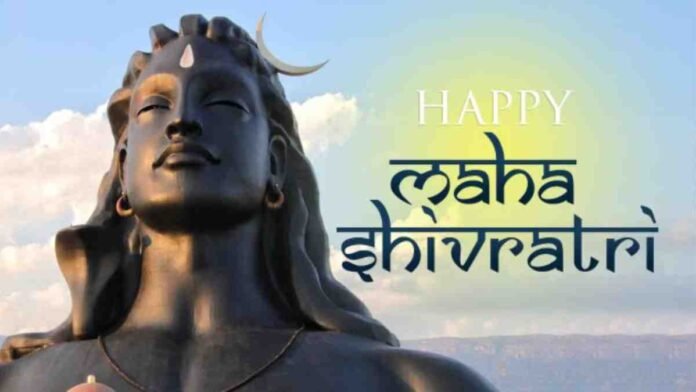One of the most important Hindu festivals, Mahashivratri celebrates Lord Shiva, the transformer and destroyer of the Hindu trinity (Trimurti). It is a night of devotion, meditation, and spiritual awakening that is celebrated every year. However, what makes Mahashivratri special? Let’s examine its mythology, history, and traditions.
The History and Significance of Mahashivratri
Mahashivratri, meaning “The Great Night of Shiva”, falls on the 14th night of the lunar month of Phalguna (February–March). It is believed that on this night, cosmic energy is at its peak, making it an auspicious time for spiritual growth and self-realization. Devotees observe fasts, chant Om Namah Shivaya, and meditate to seek Lord Shiva’s blessings.
Mythological Stories Behind Mahashivratri
There are several legends associated with Mahashivratri:
- The Divine Marriage – One of the most popular beliefs is that Mahashivratri marks the celestial wedding of Lord Shiva and Goddess Parvati, symbolizing the union of Shiva (consciousness) and Shakti (energy).
- The Night of Shiva’s Dance – According to mythology, this is the night when Lord Shiva performed the Tandava, a cosmic dance representing creation, preservation, and destruction.
- Neelkanth Story – Another legend states that during the Samudra Manthan (churning of the ocean), Shiva consumed poison (Halahala) to save the universe, turning his throat blue. Devotees honor his sacrifice on Mahashivratri.
Traditions and Rituals of Mahashivratri
Devotees observe various rituals to seek blessings:
- Fasting – People observe a strict fast, consuming only fruits, milk, and water.
- Shivling Abhishek – Offerings of milk, honey, water, and bael leaves are made to the Shivling.
- Nightlong Vigil – Devotees stay awake, chanting mantras and meditating.
- Visiting Temples – Special Shiva pujas and processions take place at temples.
Mahashivratri is not just a festival; it is a spiritual celebration that promotes inner peace, devotion, and self-discipline. Whether you observe it through fasting, prayers, or meditation, this sacred night holds immense significance for Shiva devotees worldwide.



